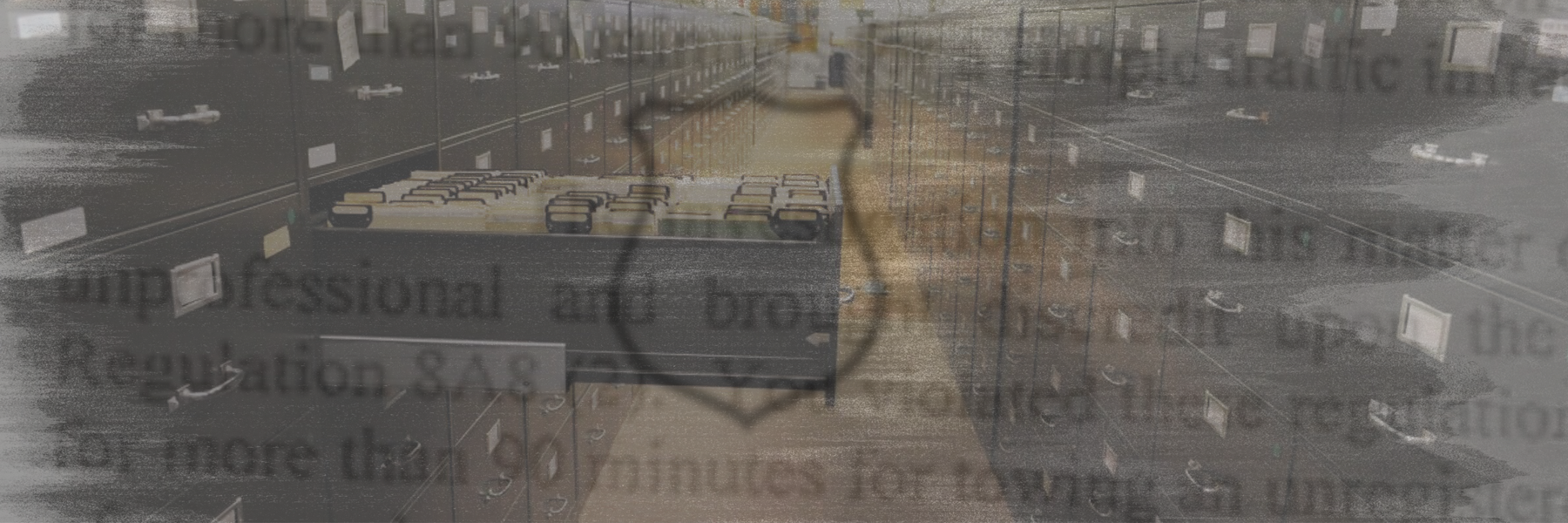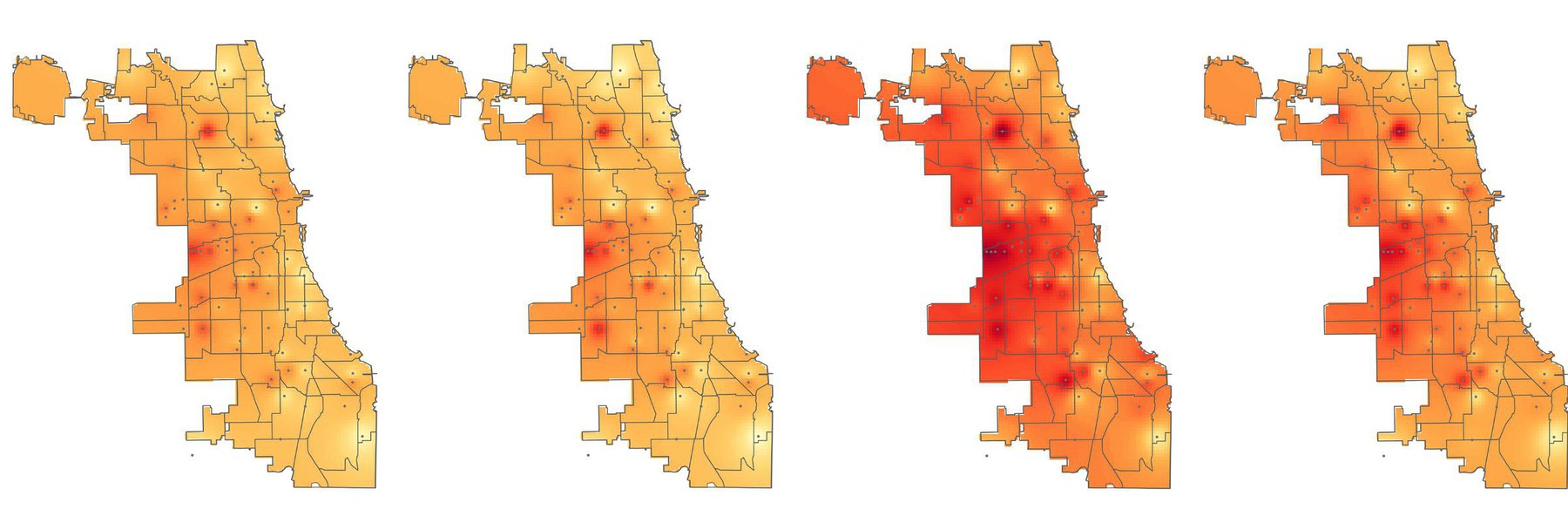How do police officers lockdown their online presence? A document recently released by the Chicago Police Department to Lucy Parsons Labs provides clues.
The document, entitled “Protecting Yourself - Social Networking & Doxxing,” is marked “Law Enforcement Sensitive (LES) For Official Use Only (FOUO).” It details the steps recommended to CPD personnel for securing their social media accounts and more.

The document demonstrates a pervasive distrust of social media on the part of the police. From a privacy and security standpoint, it acknowledges that social media is inherently dangerous. “Even enabling social media privacy settings to the highest levels cannot always protect information that a user may not want disclosed,” advises the document.
The document is noteworthy in light of the increasing role of social media surveillance in policing. It generally agrees with advice given by civil liberties advocacy groups on social media use. These are risks that law enforcement downplay in the case of social media monitoring. The document does not, however, address passphrase security or privacy-protecting encryption methods - methods that have caused many law enforcement officials to publicly express anxiety over “going dark.”
Particularly chilling are comments on GPS and location tracking, warning officers to disable all geolocation data before their use.

Additionally, the CPD itself engages in the practices it warns of in its internal documents. A CPD directive that also cites the “Protecting Yourself” document states that after an “Officer-Involved Shooting and/or Law-Enforcement-Related Death,” a unit called the “CPIC [Crime Prevention and Information Center] Social Media Section” will perform a “threat assessment” and “monitor open source communications and social media sites to identify threats to the affected member or the member’s immediate family.”

The document also includes a possible misunderstanding of common terminology: “The following are some of the most commonly targeted pieces of information that can be easily obtained through doxxing.” Generally, privacy and security experts understand “doxxing” to refer to the releasing of sensitive information, not its collection.

Read the full policy embedded below, or on the request page.
Image via Chicago Police Department Facebook




